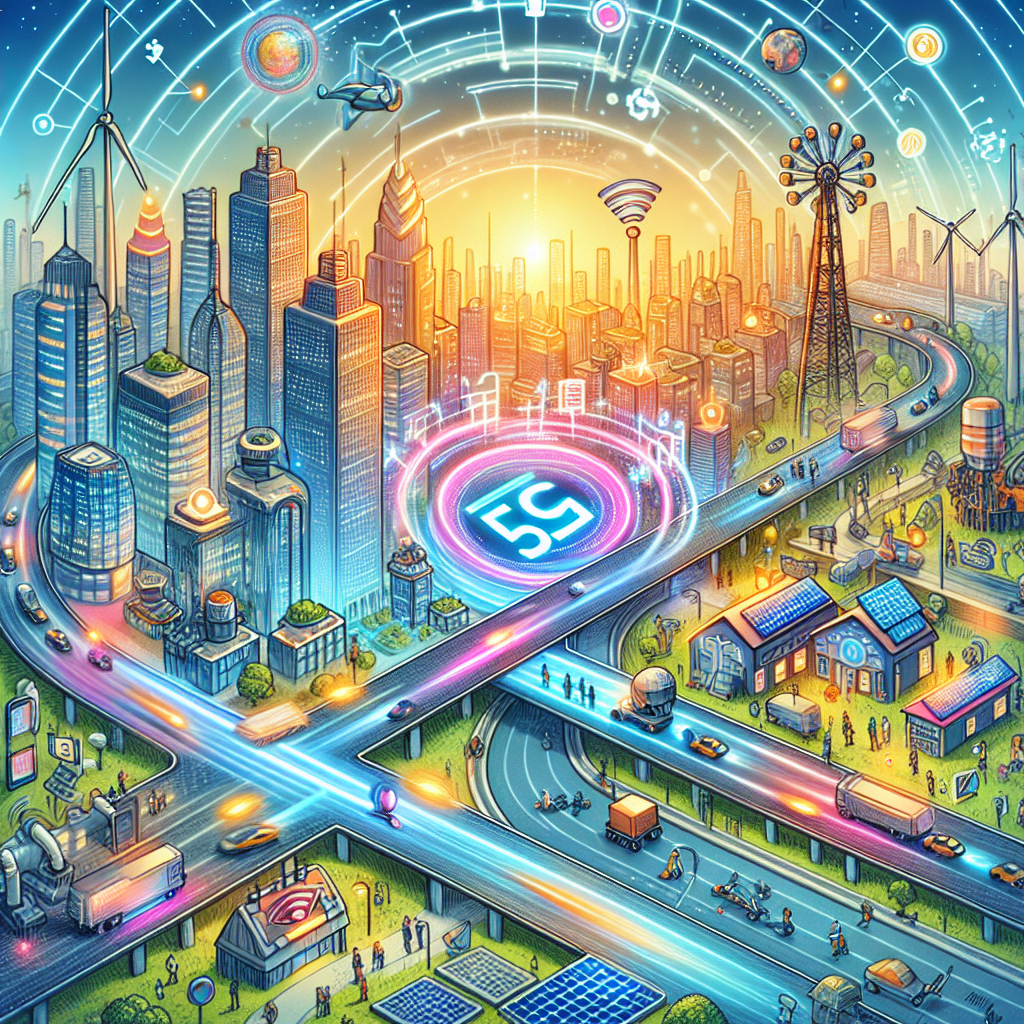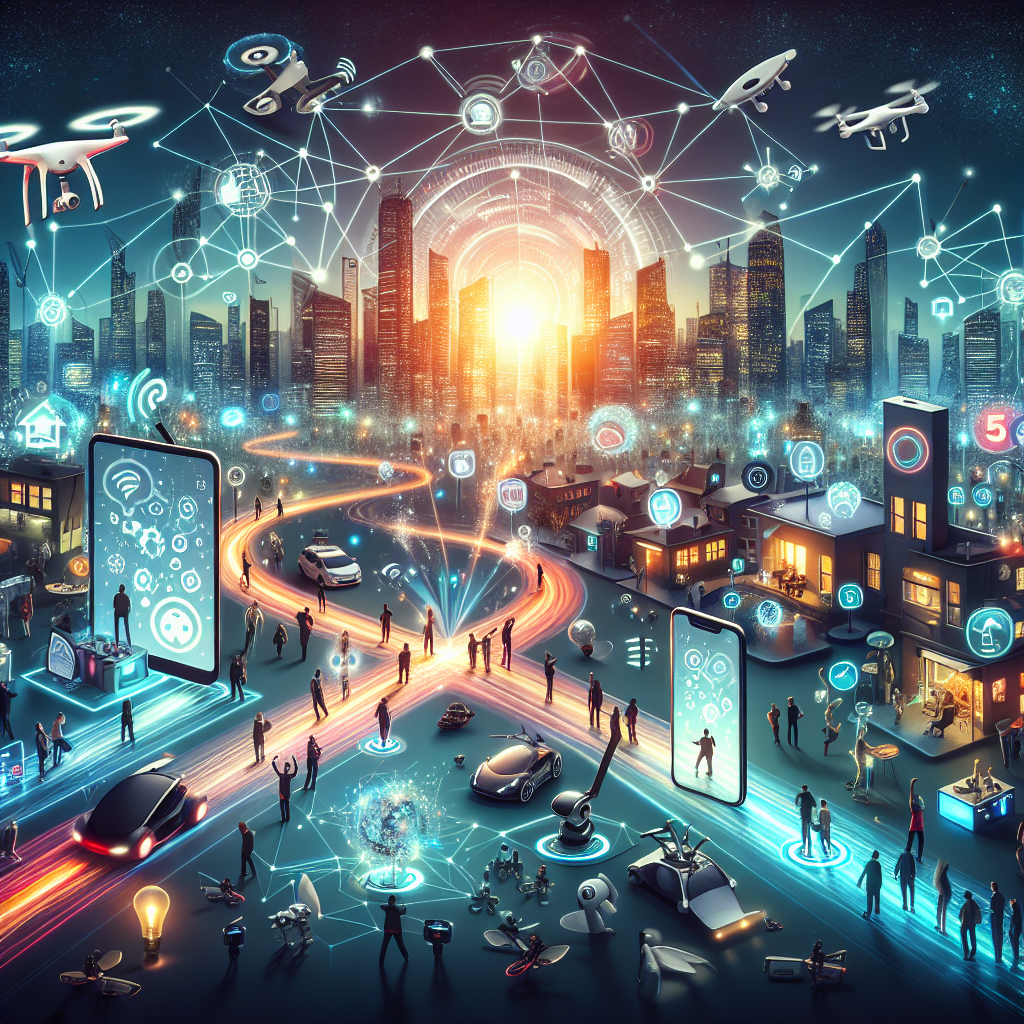The Revolution of Connectivity: How 5G Will Transform Everyday Living
In today’s rapidly evolving technological landscape, the advent of 5G technology has been heralded as a game-changer that will significantly impact how we live, work, and communicate. As the world becomes increasingly connected, the promise of faster, more reliable internet speeds and low latency has sparked excitement and anticipation among consumers and industries alike. This article will explore the profound implications of 5G technology on everyday living, highlighting the latest trends, developments, and expert insights shaping the future of connectivity.
The Importance of 5G Now
As we stand on the cusp of the 5G era, the importance of this transformative technology cannot be overstated. With a projected global rollout in the coming years, 5G networks are set to revolutionize the way we access information, interact with devices, and engage with the world around us. The demand for high-speed, low-latency connectivity has never been greater, particularly with the rise of smart devices, IoT (Internet of Things) integration, and the burgeoning digital economy. As such, the deployment of 5G networks is not just a matter of convenience but a necessity to drive innovation, productivity, and economic growth in the digital age.
The Impact of 5G on Everyday Living

1. Enhanced Mobile Experience: One of the most immediate benefits of 5G technology is the unparalleled speed and responsiveness it offers to mobile users. With download speeds potentially reaching up to 20 times faster than 4G, users can stream high-definition content, download large files, and engage in real-time multiplayer gaming with seamless ease. This enhanced mobile experience will redefine how we consume media, stay connected with loved ones, and access critical information on the go.
2. Smart Cities and Infrastructure: 5G technology will play a pivotal role in advancing the concept of smart cities, where interconnected devices, sensors, and infrastructure enable more efficient and sustainable urban living. From intelligent transportation systems and energy management to public safety and healthcare services, the integration of 5G networks can optimize urban operations, reduce environmental impact, and improve the quality of life for residents.
3. Industrial Transformation: Beyond consumer applications, 5G technology has the potential to revolutionize industries such as manufacturing, healthcare, agriculture, and logistics. The ultra-low latency of 5G networks enables real-time communication between machines, robots, and AI systems, leading to increased automation, productivity, and efficiency. In the era of Industry 4.0, 5G will be a catalyst for digital transformation, enabling intelligent factories, remote surgery, precision agriculture, and seamless supply chain management.
The Future of 5G Connectivity
As we look ahead, the future of 5G connectivity promises even greater advancements and innovations that will reshape the fabric of everyday living. From the widespread adoption of autonomous vehicles and augmented reality experiences to the proliferation of smart homes, wearables, and connected devices, 5G will form the backbone of a hyper-connected world where the boundaries between physical and digital realities continue to blur. However, as we embrace the potential of 5G technology, it is crucial to address concerns around security, privacy, and digital inclusion to ensure that the benefits of connectivity are accessible to all.
In conclusion, the revolution of connectivity through 5G technology holds immense promise for transforming everyday living in ways we have yet to imagine fully. As we embrace the dawn of this new era, it is essential to stay informed, adaptable, and proactive in leveraging the power of 5G to drive positive change and innovation across society. The future is bright, and the possibilities are endless as we embark on this transformative journey towards a more connected, intelligent, and inclusive world.


